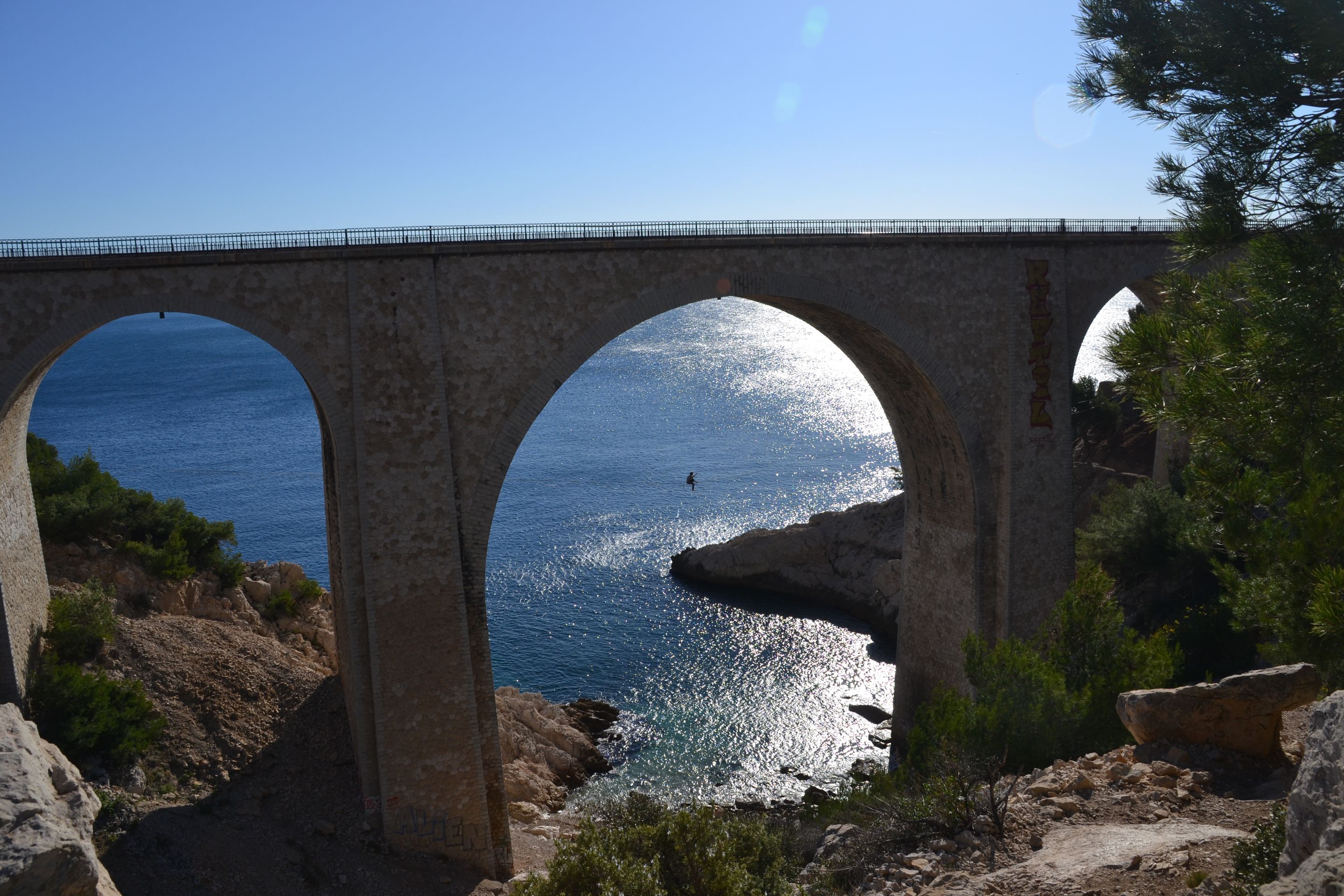#113 The Oracle of Delphi
Tihchhuah a ni: 25.04.2022
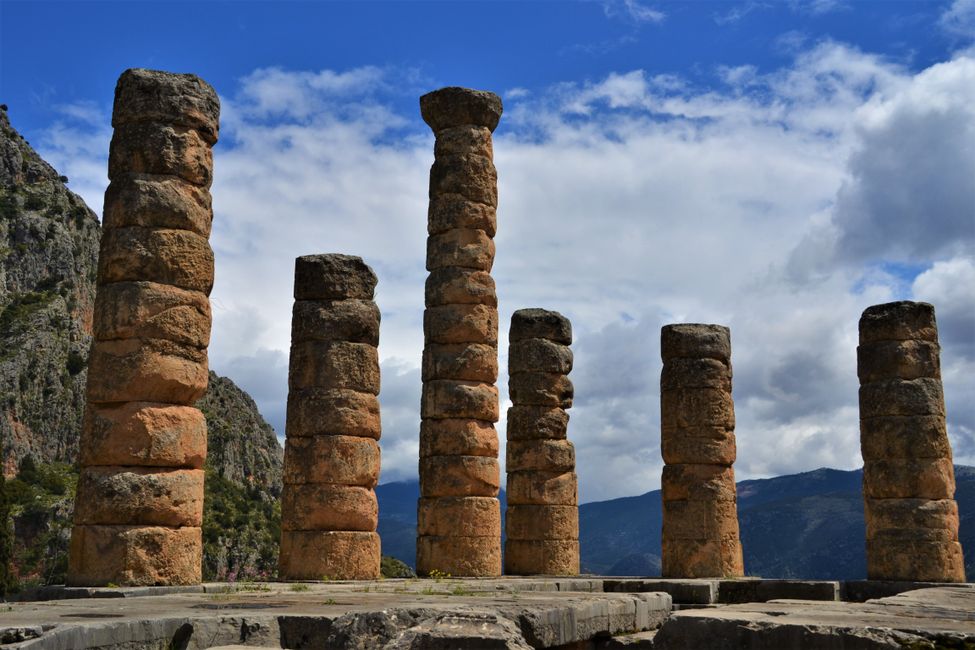
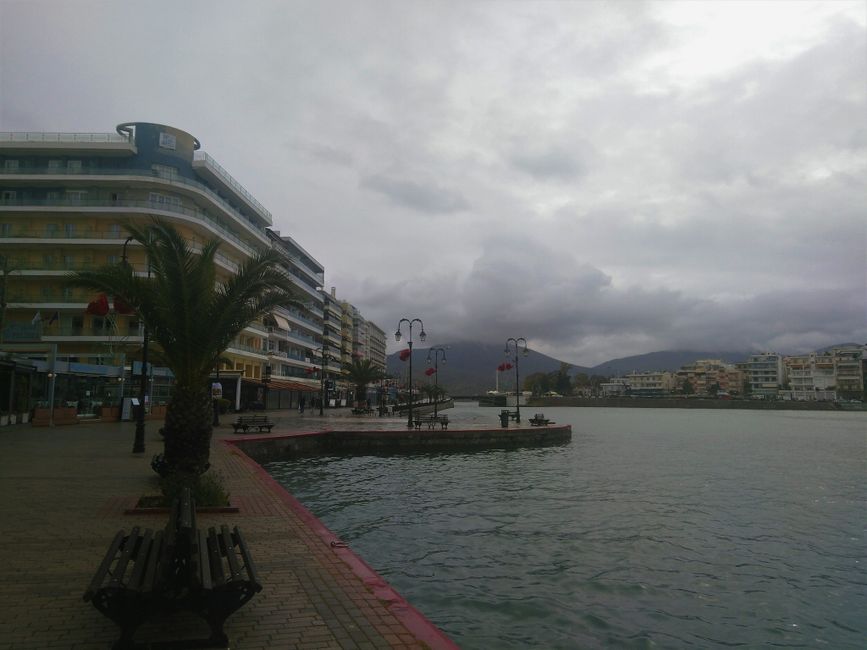
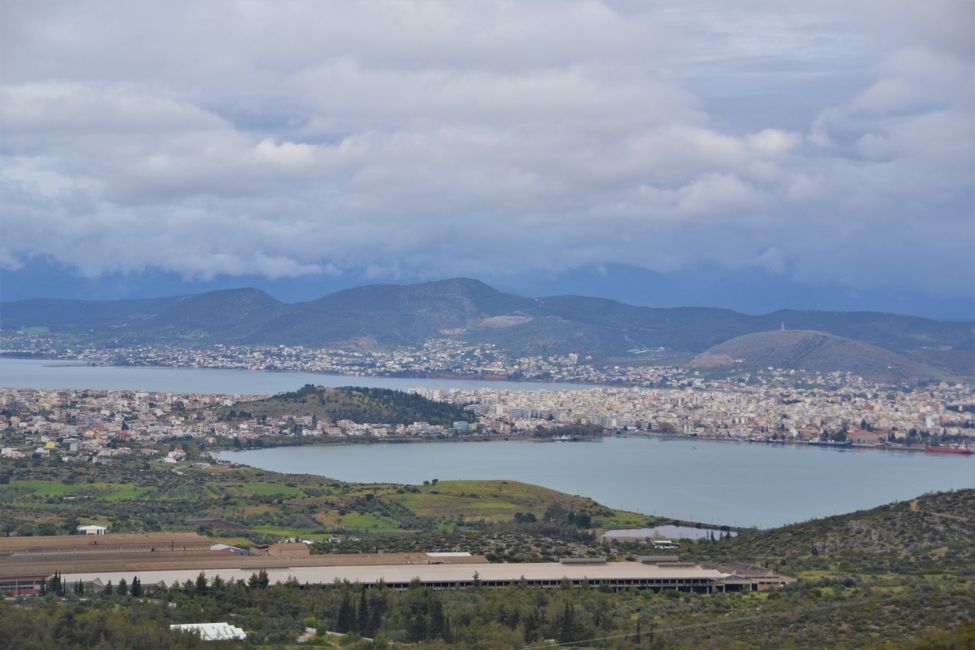
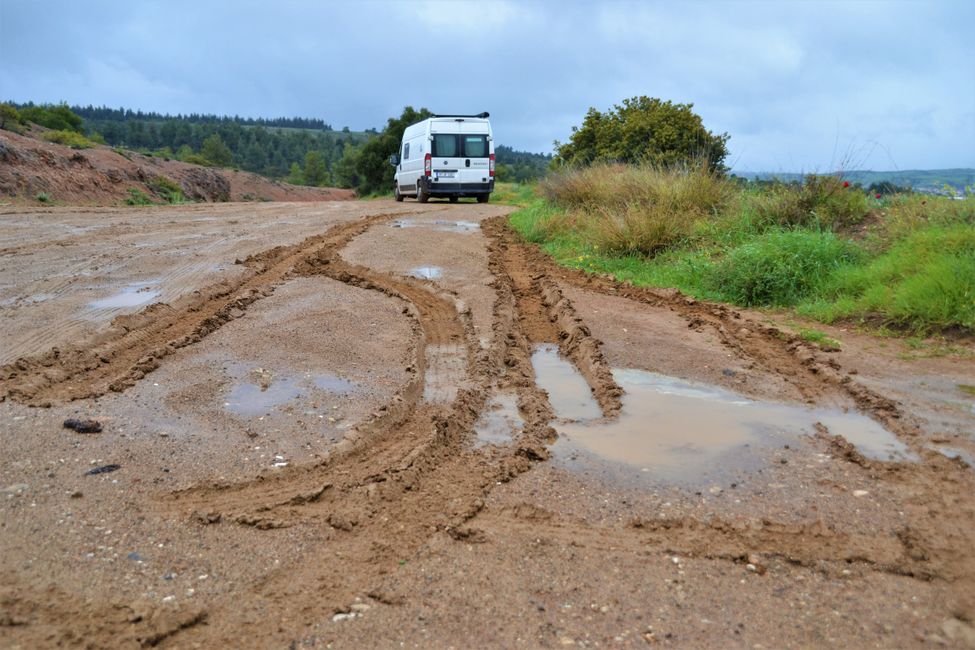
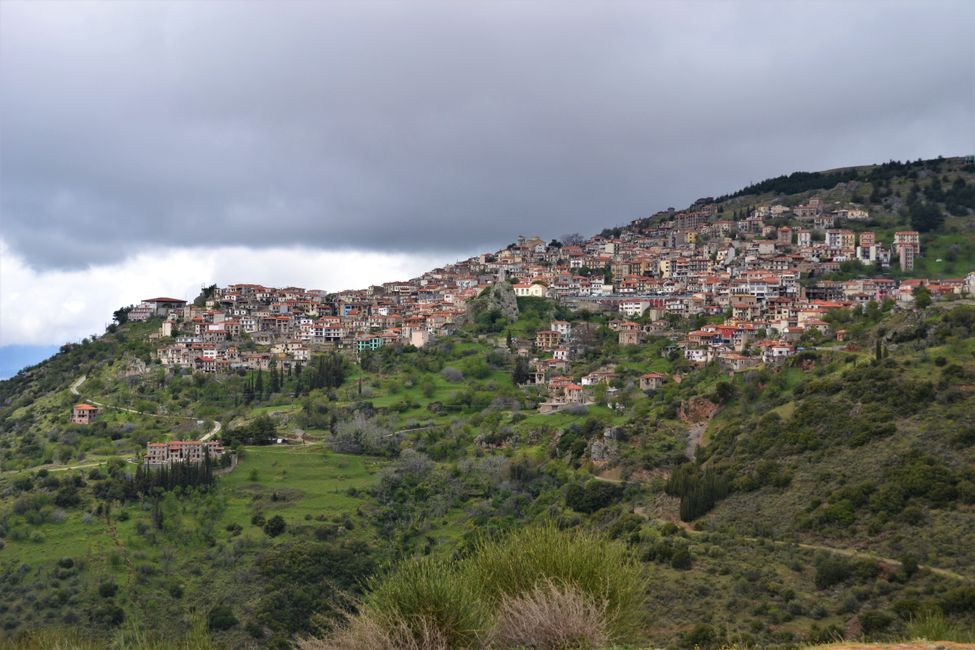
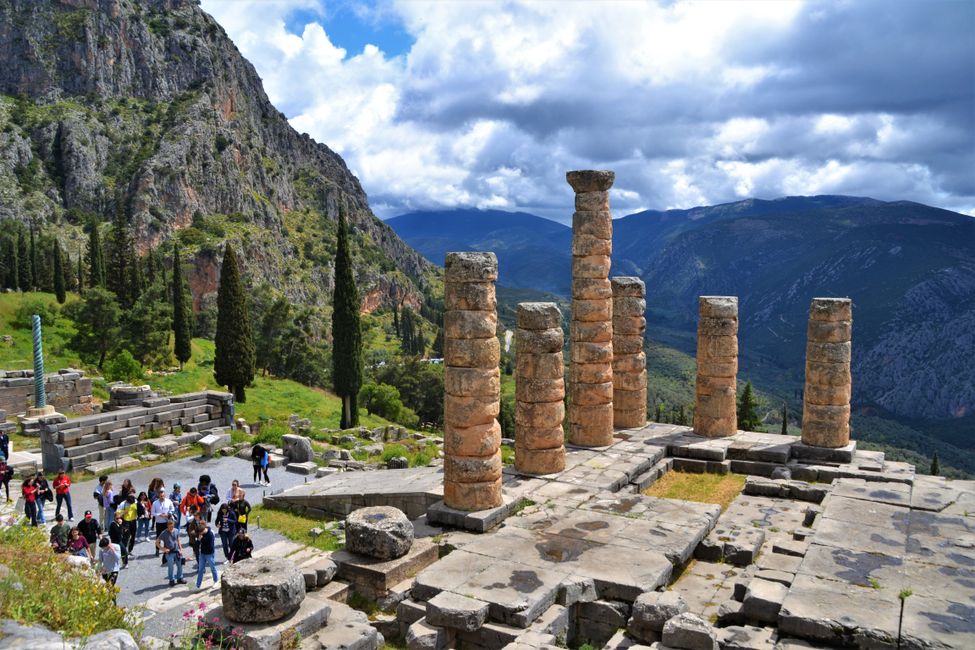
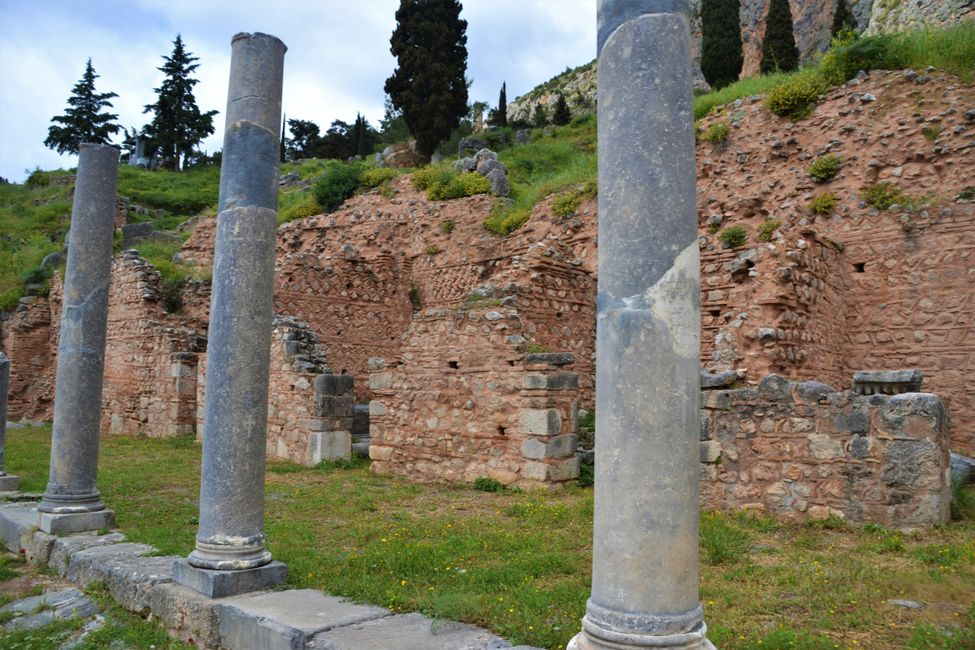
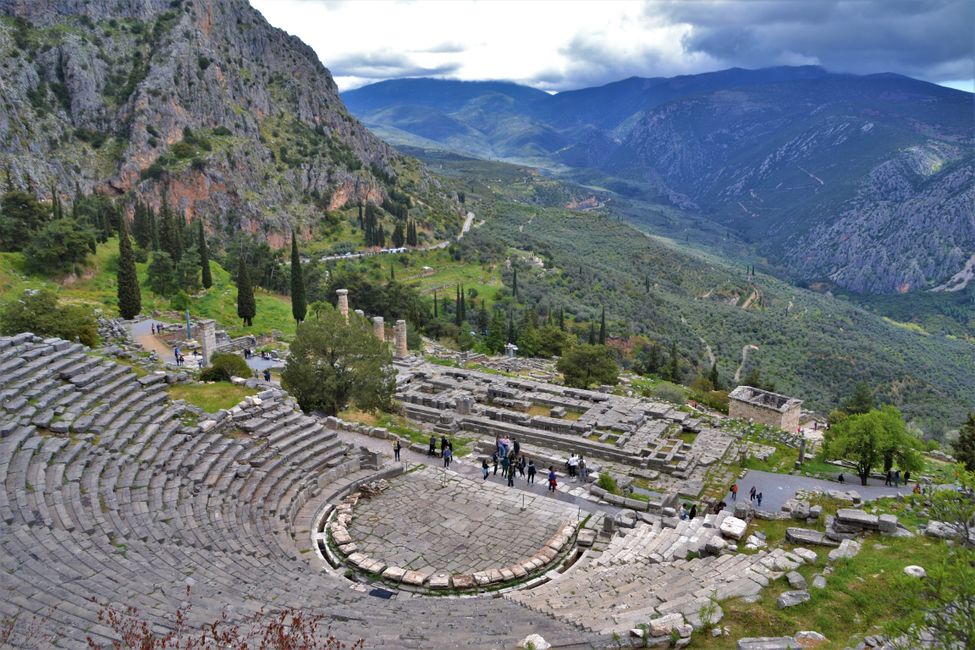
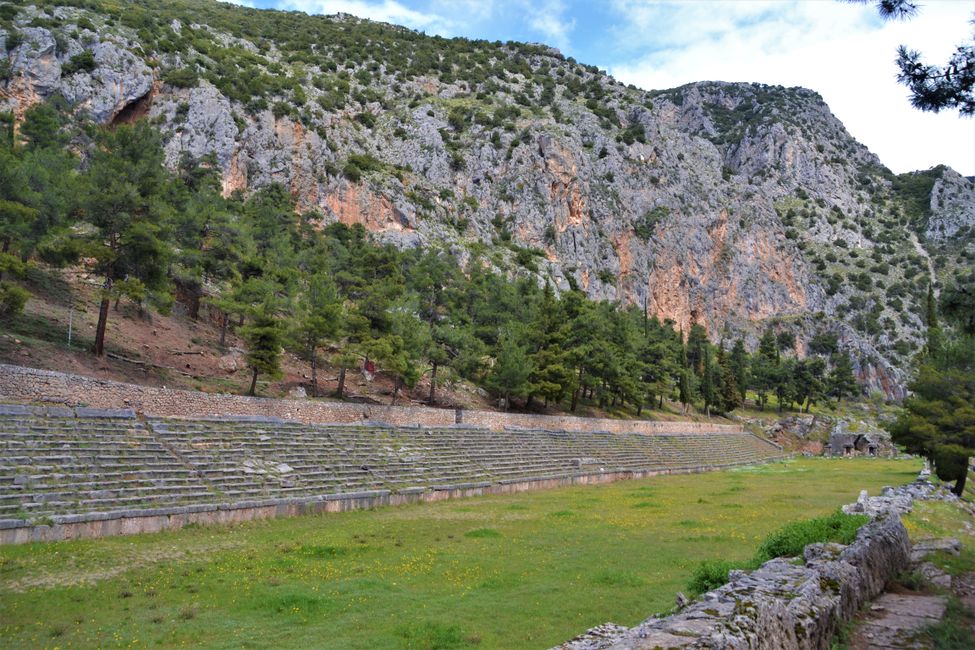
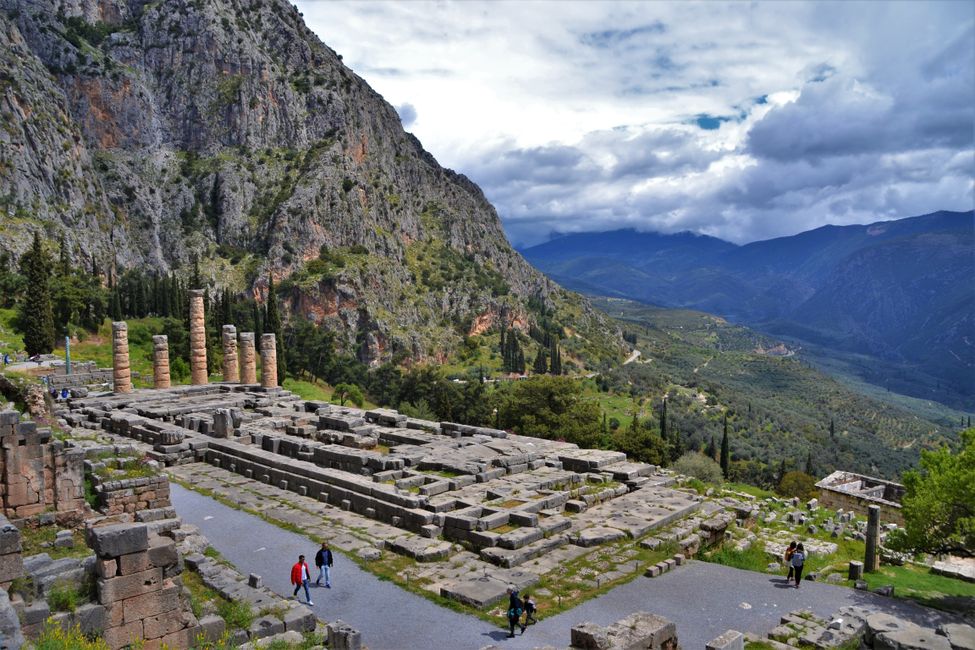
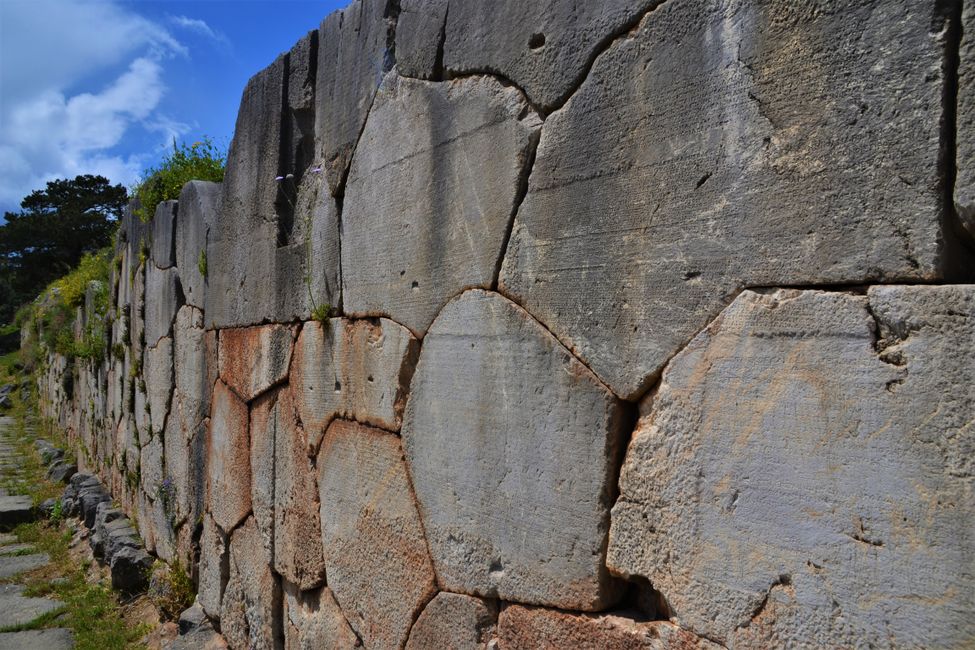
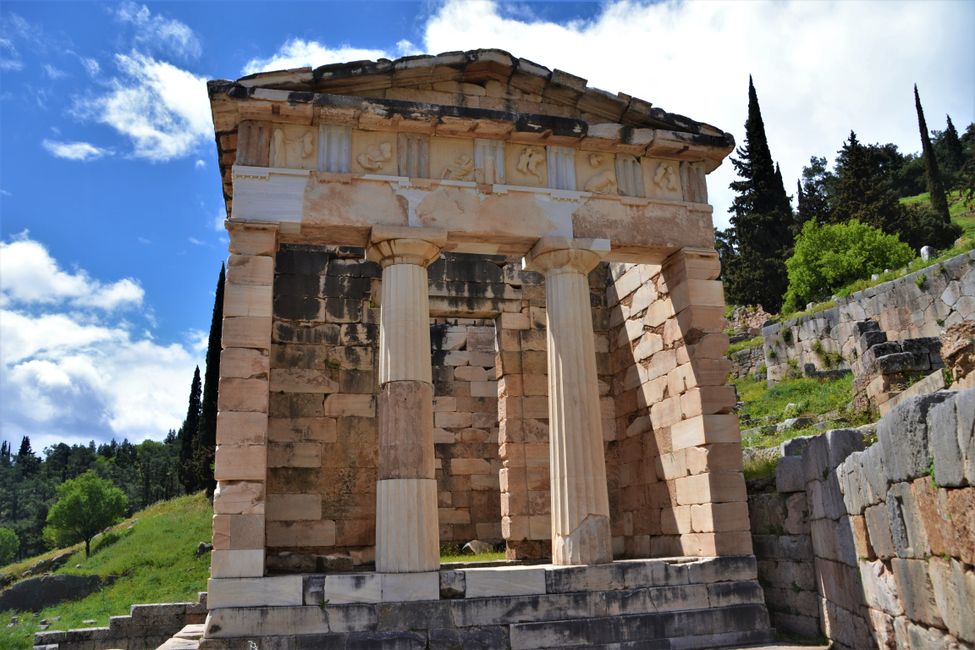
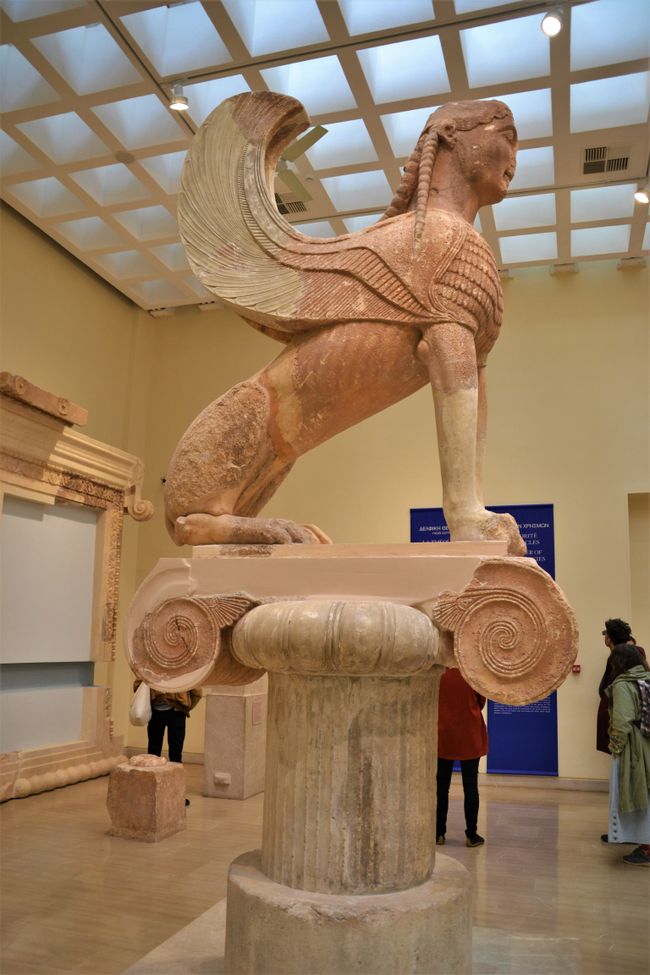
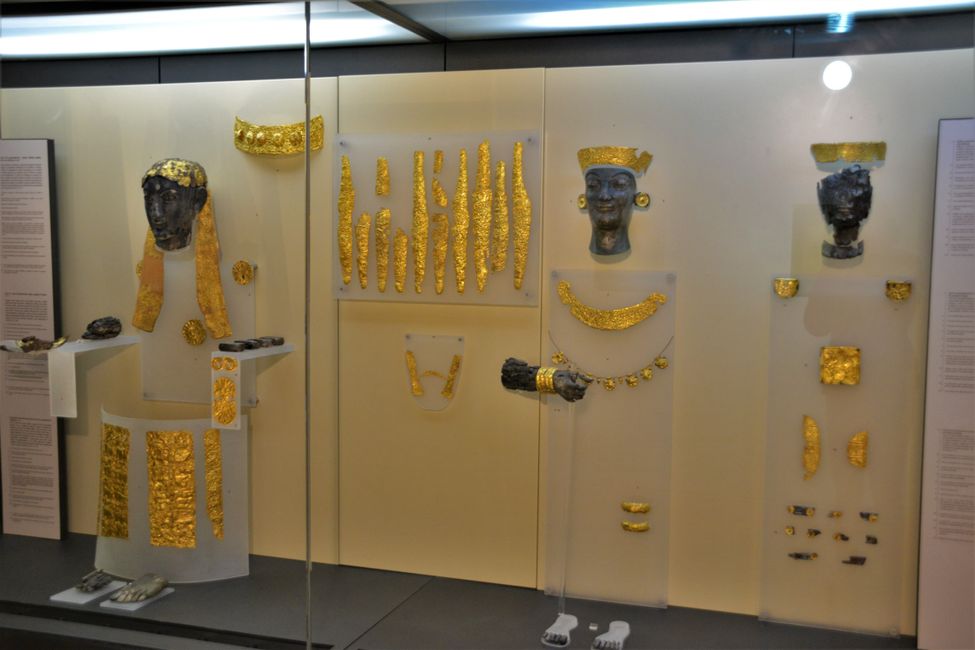
Newsletter hi subscribe ve rawh
April 18-19, 2022: Chalkida, Delphi
F. On the way from Athens to Delphi, we spent a rainy day in Chalkida, in Evia (also called Euboea in German). Because this second largest island of Greece was heavily affected by the wildfires last summer, we didn't spend much time there and continued on to Delphi.



We made a short stop just before Delphi in Arachova. This is a beautiful tourist village. Many visitors to Delphi end up here and buy souvenirs.

Delphi has existed since the 14th century BC and was the spiritual and religious center of the entire ancient Greek world between the 7th and 2nd centuries BC. The reputation of the Oracle of Delphi was so great that even the Persians (non-Greek world) listened to the Oracle in their attempt to conquer Greece. The Oracle of Delphi, like many other oracles, could predict the future or give advice on problems. To be favored by the Oracle, one had to go through several stages. One of them was to bring an offering to the Oracle. These could be animals, statues, or even money. As a result, the wealth of Delphi grew stronger over the centuries. Many statues found at the archaeological site came from remote regions of ancient Greece. Some temples were also given as offerings/donations to the Oracle.
So what was the Oracle? Well, in the main temple, the Temple of Apollo, there was a fissure in the ground from which intoxicating vapors emerged. Pythia, a particularly beautiful, well-educated young lady, was placed in a trance with vapors and other substances and gave answers to the questions. The priests were highly educated individuals and the only people who had direct contact with Pythia. It is scientifically disputed to what extent the statements of Pythia were interpreted and formulated by the priests and to what extent they also included information from informants in their interpretation. However, it is scientifically proven that the priests of Delphi had a very extensive and comprehensive information network throughout the Hellenic world.










J. Most of the questions to the Oracle were everyday questions, such as "Will I win the Olympic Games?" or "Will I return alive from the battle or die?". The answers to these questions were usually word games. The answer to the latter was: "Go Return Not Die". This is known so precisely today because the Oracle's answers were engraved on a stone tablet and given to the questioner. The answer to this question was written without punctuation and was ambiguous in Greek grammar, so the answer could mean both "go, return, don't die" and "go, don't return, die". However, some of the oracles were also of political importance, and the priests used their extensive knowledge to answer the questions. Military strategists were probably consulted for the answer to what Athens should do when it was attacked. The answer included the poetic description of the war strategy that led to victory. The foundation of the city of Istanbul, a former Greek colony, is also based on an oracle from Delphi, in which the priests knew about this strategically good location and described it in the Oracle's answer. So the Oracle of Delphi actually had quite an influence in the ancient world.
Day 186 - Total Tour 14,102 km
---- Subscribe ----
If you would like to subscribe to our blog, you can either sign up on Vakantio and click subscribe or send us a message and we'll add you to our own distribution list. We also welcome feedback, of course!
Email: querfeld2@gmail.com
Newsletter hi subscribe ve rawh
Chhanna
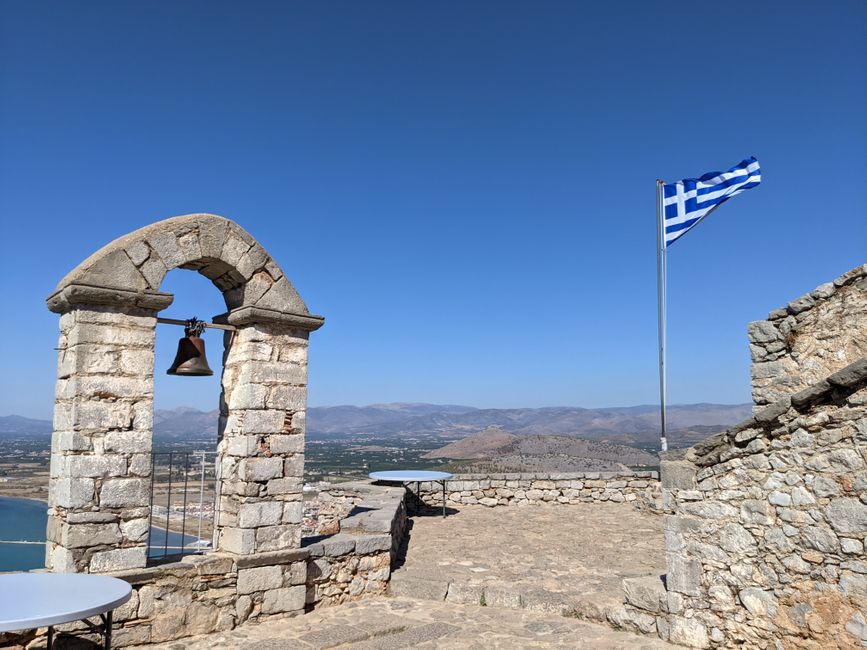
Khualzin report Greece ram a ni
